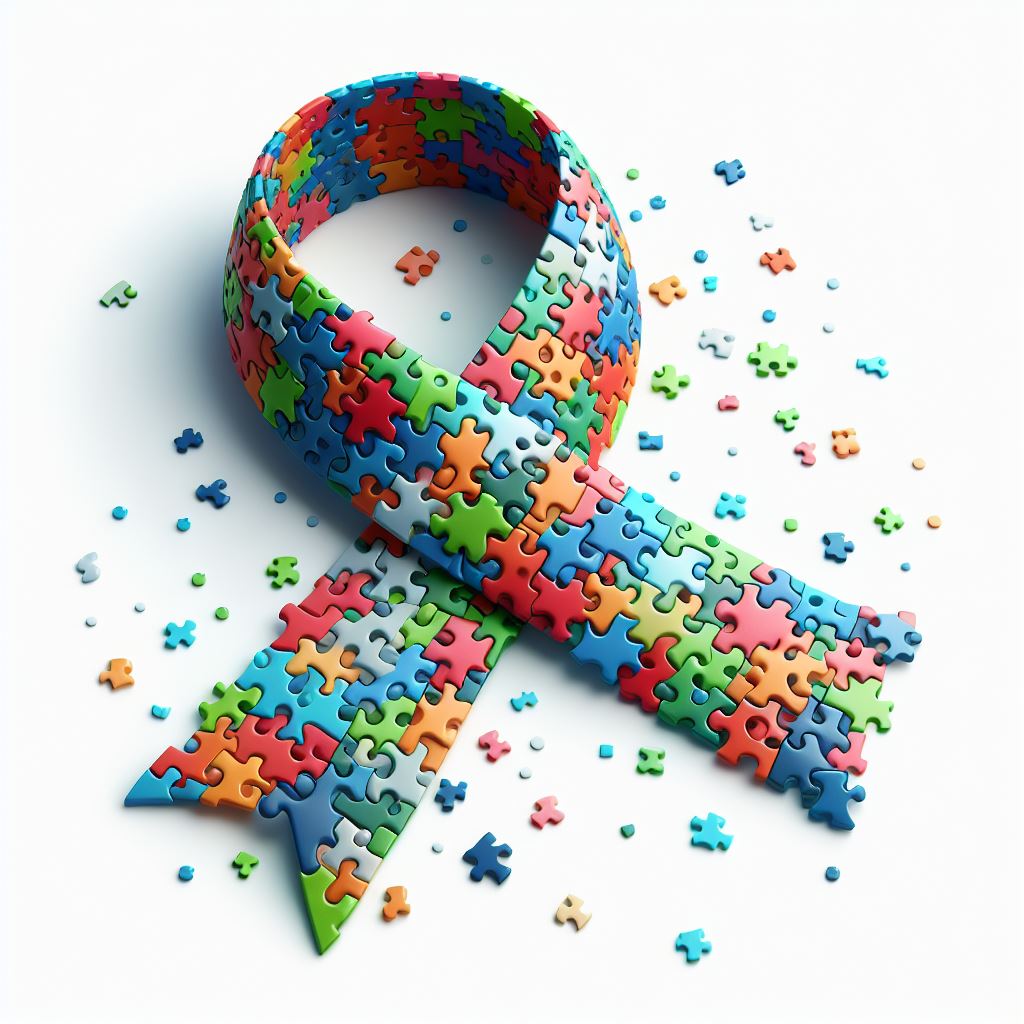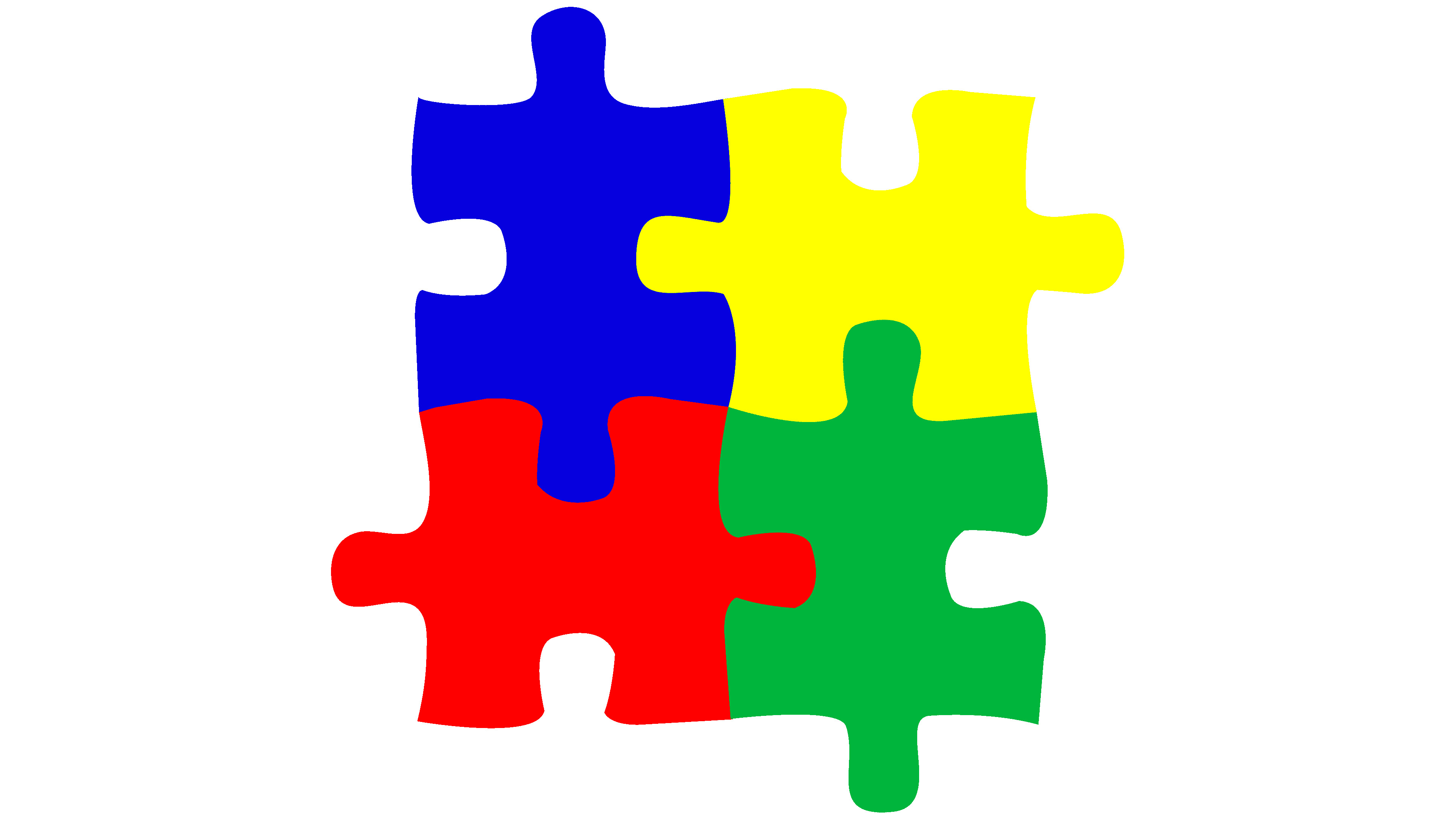Resolving Typical Misconceptions: What You Ought To Learn About Autism Today
Resolving Typical Misconceptions: What You Ought To Learn About Autism Today
Blog Article
Recognizing Autism: A Comprehensive Guide to Symptoms and indicators
Autism Spectrum Condition (ASD) incorporates a large range of qualities that can dramatically impact an individual's social communications and day-to-day performance. Identifying the indications and symptoms, such as difficulties with eye contact, social communication problems, and sensory level of sensitivities, is essential for early treatment. Comprehending these nuances not only help caregivers and teachers in providing ideal support yet also fosters an extra comprehensive setting for people with ASD. As we explore the intricacies of autism, it comes to be necessary to think about exactly how these indicators manifest in a different way throughout the range and what effects they hold for effective intervention methods.
Overview of Autism Range Problem
Defining Autism Spectrum Disorder (ASD) entails acknowledging it as a complex neurodevelopmental condition identified by a variety of obstacles in social communication, communication, and behavior patterns. The term "spectrum" mirrors the vast irregularity in symptoms and their seriousness, which can differ dramatically from one person to an additional. ASD commonly shows up in early childhood years, although some people might not receive a diagnosis until later in life.
Elements influencing the development of ASD include environmental aspects and genetic proneness, although the precise reasons stay under examination. Diagnosis typically depends on behavior assessments, as there are no conclusive medical tests for ASD. Early intervention is crucial and can substantially improve outcomes, concentrating on improving communication skills, social communications, and flexible actions.
People with ASD might also exhibit special staminas, such as exceptional attention to information or details locations of expertise. Recognizing the multifaceted nature of ASD is essential for cultivating an inclusive setting that fits neurodiversity. Proceeded research study is vital for creating reliable interventions and support group, making it possible for people with ASD to flourish and accomplish their prospective within society.
Typical Signs of Autism
Acknowledging the typical indicators of Autism Spectrum Condition (ASD) is important for very early recognition and treatment. These signs can differ extensively in extent and presentation, however certain characteristics are frequently observed in individuals with ASD.
One of the most widespread indications is a significant difficulty in developing and maintaining eye get in touch with. People may also display restricted interest in social communications and reveal a choice for solitary play.
Sensory sensitivities are additionally usual; individuals may overreact or underreact to sensory stimuli, such as appearances, sounds, or lights. autism. Language development can be irregular, with some children displaying delayed speech or utilizing language in unusual methods, including echolalia-- repeating phrases or sentences listened to elsewhere
It is vital to note that not every individual with ASD will certainly present all these indicators, and the level of these habits can vary substantially. Early recognition enables prompt support and sources, enhancing the lifestyle for those on the range.
Social Communication Obstacles
Social communication obstacles are a trademark of Autism Spectrum Condition (ASD), affecting an individual's ability to engage properly with others. These troubles can manifest in numerous methods, including challenges in initiating and keeping discussions, comprehending social hints, and responding suitably in social interactions.
Individuals with ASD may battle with nonverbal communication, such as eye contact, faces, and body movement. This can lead to misunderstandings, as their communicative intent might not be properly analyzed by others. They may find it tough to comprehend the subtleties of tone and context, which are vital for efficient communication.
In team setups, people with ASD may feel overwhelmed and may not know how to sign up with in conversations (autism). They might also show irregular conversational patterns, such as monologuing regarding particular passions without acknowledging social reciprocity
Furthermore, these hop over to here difficulties can result in social seclusion or difficulties in creating connections, as peers may misunderstand their habits or communication style. Recognizing these social communication obstacles is vital for fostering encouraging settings that advertise social abilities advancement and enhance the quality of interactions for people on the autism range.
Sensory Level Of Sensitivities and Responses
Many people with Autism Spectrum Problem (ASD) experience enhanced sensory sensitivities that can significantly affect their every day lives. These sensitivities may materialize as over-responsiveness or under-responsiveness to sensory stimuli, consisting of sounds, lights, structures, tastes, and scents. As look at this website an example, an individual with ASD might find day-to-day noises, such as a hoover or crowded atmospheres, extremely stressful, resulting in stress and anxiety or crises. Conversely, some might exhibit an indifference to pain or extreme temperature levels, which can position safety and security worries.
Sensory processing distinctions in people with ASD can likewise impact their capacity to engage in regular tasks and social communications. A kid who is delicate to touch might withstand physical affection or prevent certain clothes fabrics. Alternatively, a choice for specific appearances or preferences can limit dietary choices and develop challenges throughout mealtimes.
Understanding these sensory level of sensitivities is crucial for identifying the one-of-a-kind experiences of individuals with ASD. Awareness of their sensory accounts can foster far better interaction and support techniques, developing a setting that accommodates their demands and improves their lifestyle. Eventually, acknowledging sensory level of sensitivities is a critical element of understanding the more comprehensive spectrum of autism.

Supporting Individuals With Autism
Efficient assistance for people with Autism Range Problem (ASD) is crucial for boosting their general wellness and promoting self-reliance. Assistance approaches should be tailored to meet the distinct needs of each individual, considering their toughness and obstacles.

Social skills training can likewise play an essential duty. autism. Involving people in group activities or role-playing situations can improve their capability to browse social communications. In addition, it is important to enlighten household participants, caretakers, and peers concerning ASD to promote a inclusive and helpful community
Final Thought
To conclude, an extensive understanding of Autism Spectrum Condition is crucial for recognizing its symptoms and signs. Early recognition of usual qualities, such as social communication challenges and sensory sensitivities, makes it possible for caretakers and instructors to execute reliable interventions. By fostering improved communication and social abilities, this website individuals with autism can navigate their settings a lot more efficiently. Inevitably, enhanced recognition and assistance can substantially improve the quality of life for those influenced by ASD.
Autism Range Problem (ASD) includes a vast range of qualities that can considerably impact a person's social interactions and daily performance.Individuals with ASD may battle with nonverbal interaction, such as eye get in touch with, facial expressions, and body language.Numerous individuals with Autism Range Disorder (ASD) experience increased sensory sensitivities that can significantly influence their day-to-day lives.Sensory processing distinctions in individuals with ASD can also impact their capability to involve in social communications and routine tasks.Recognizing these sensory level of sensitivities is crucial for recognizing the special experiences of individuals with ASD.
Report this page